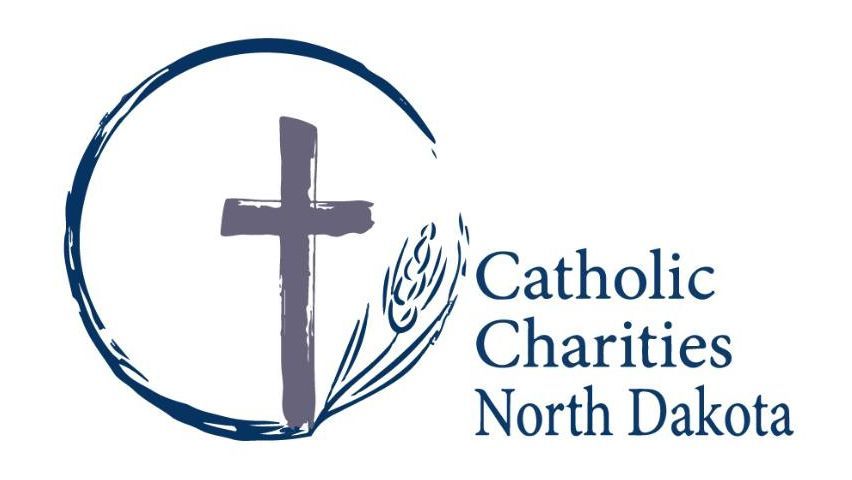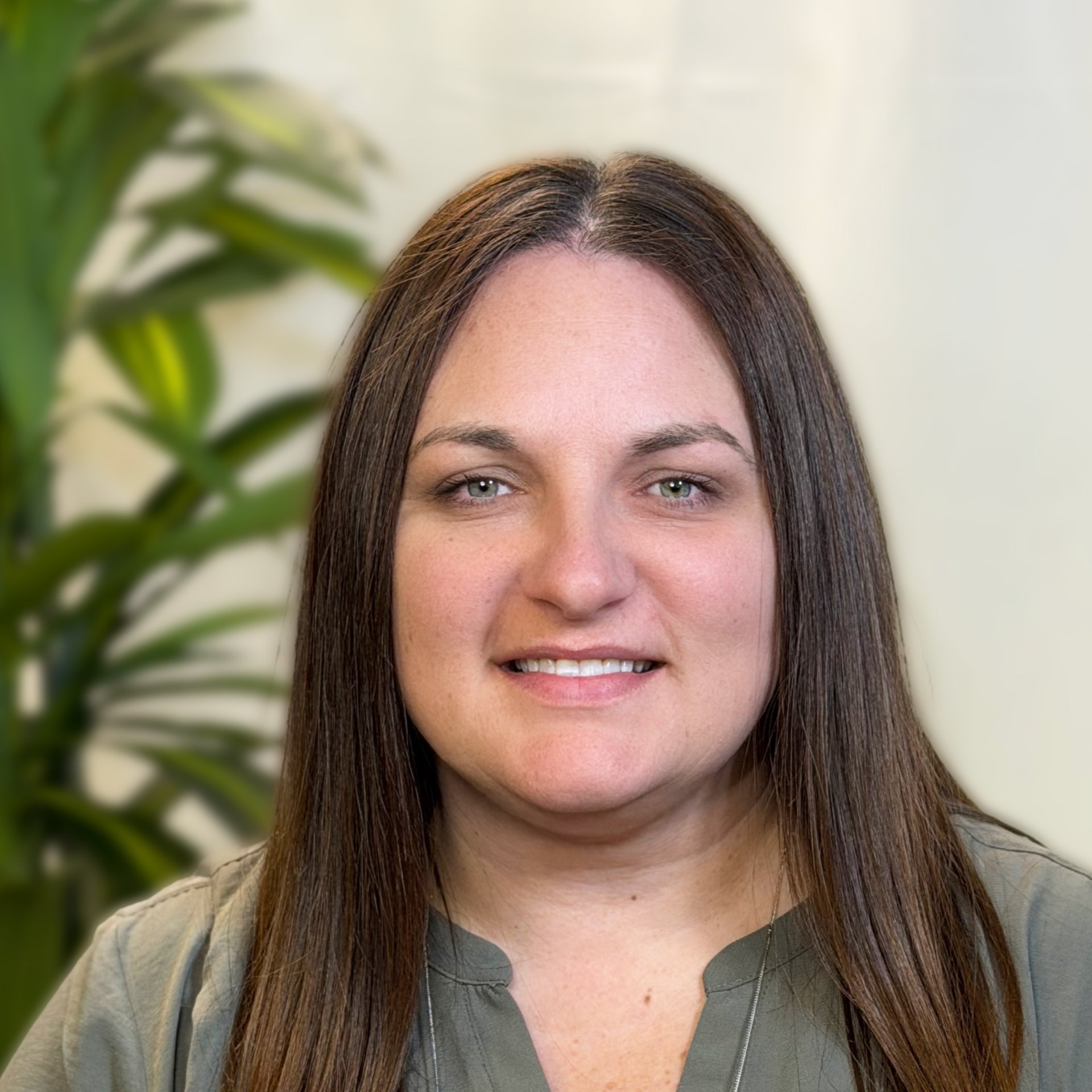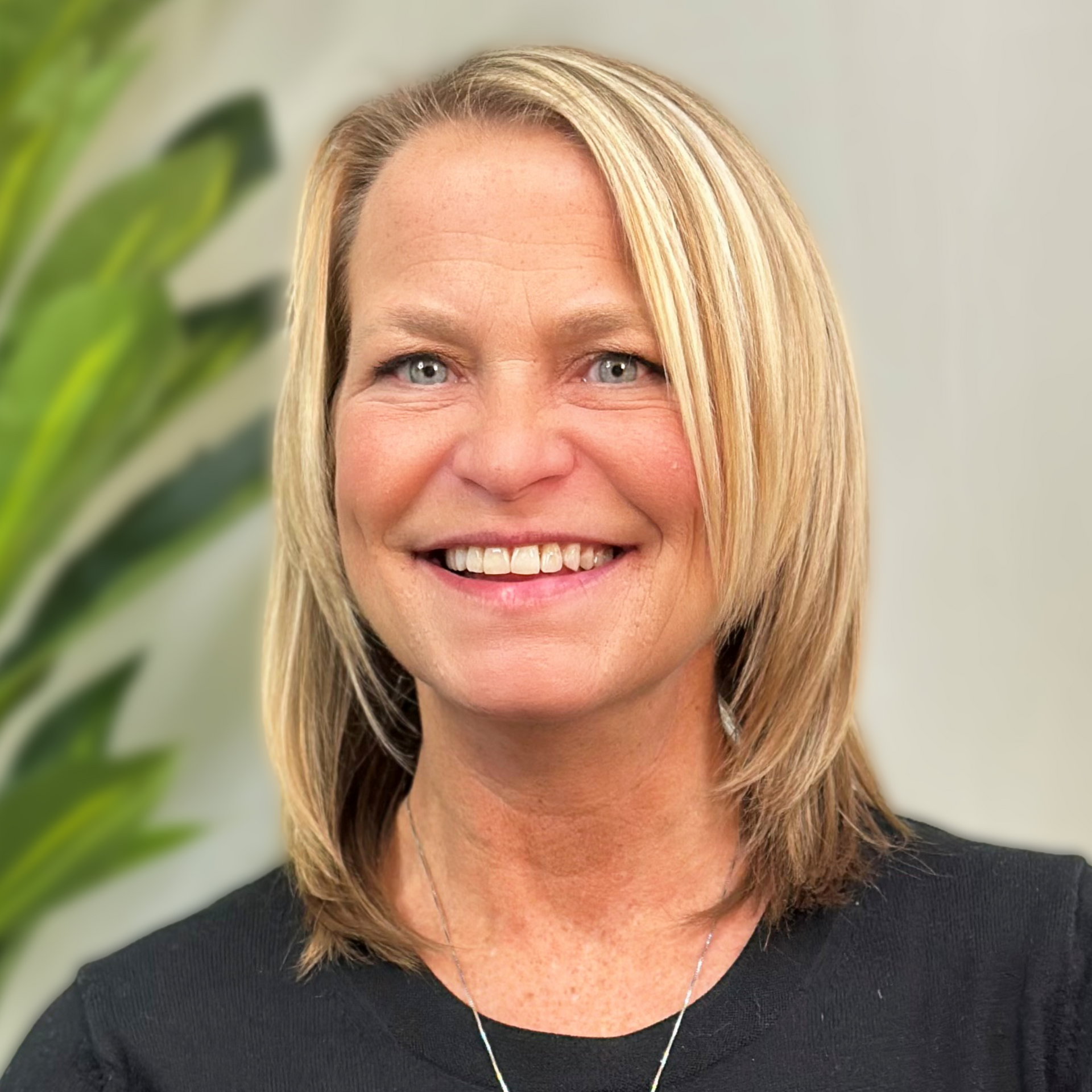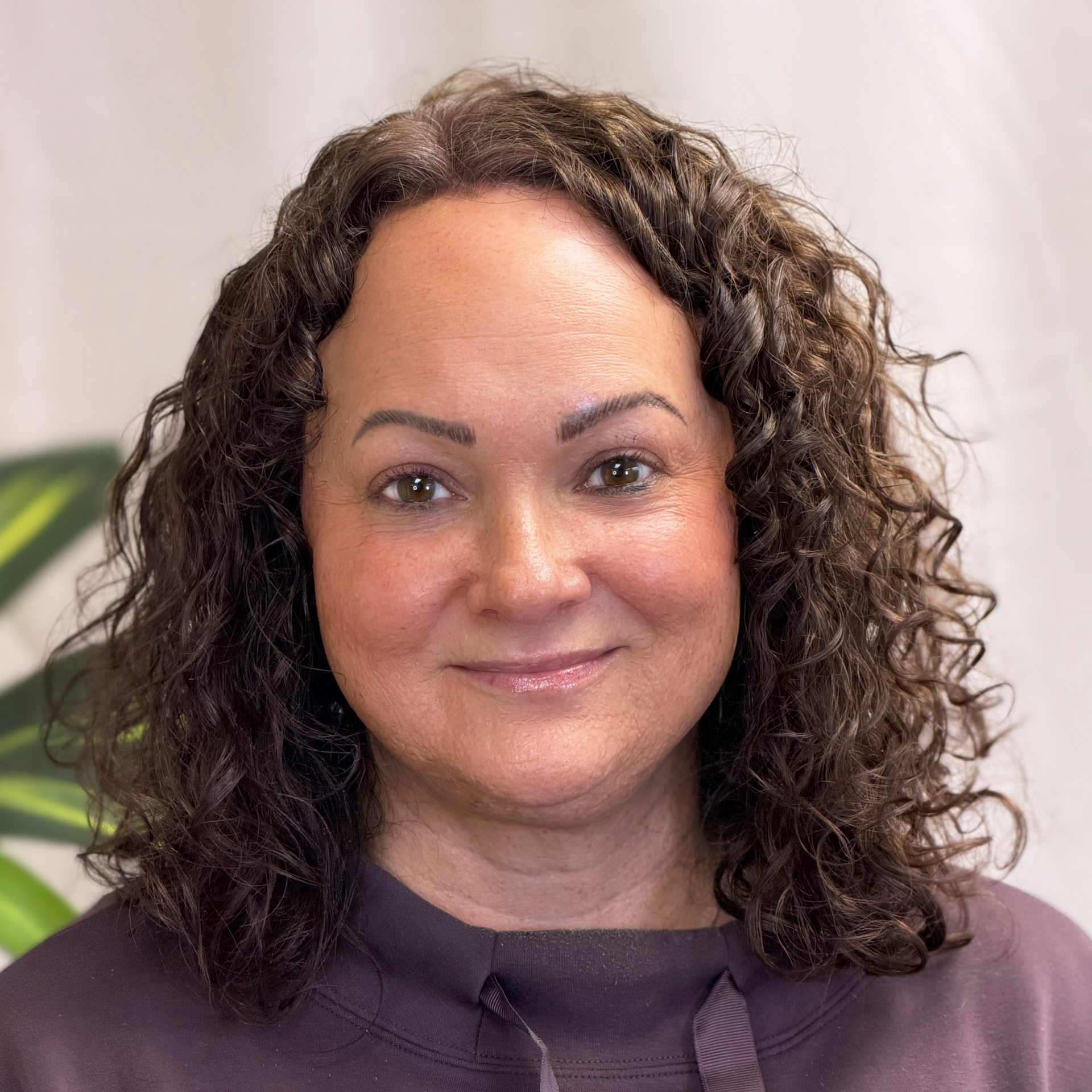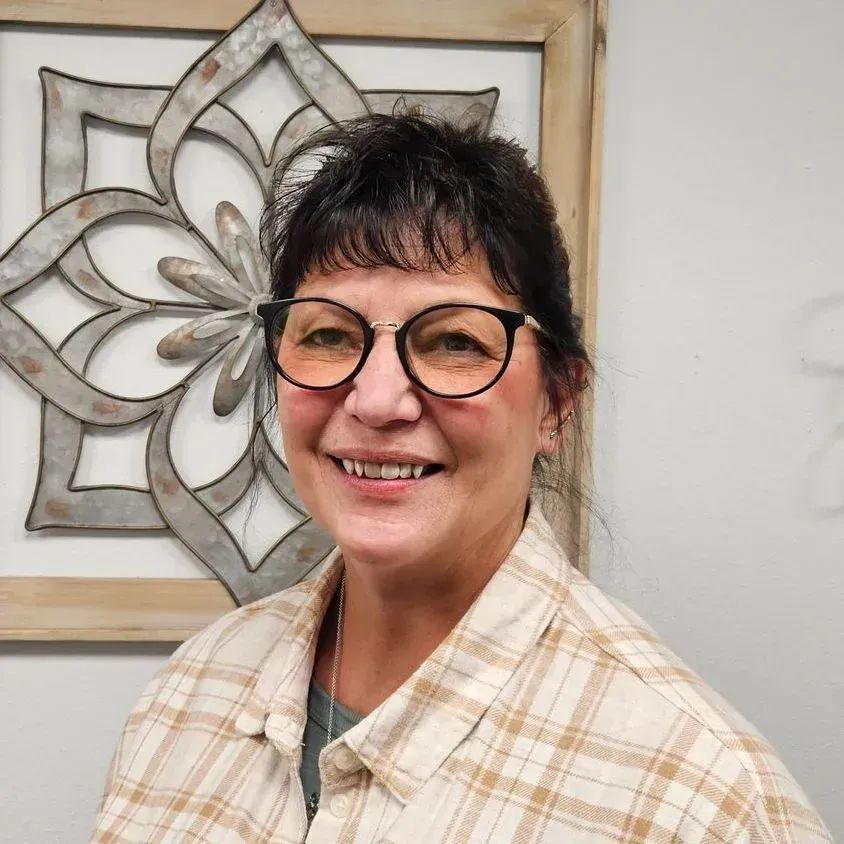Adults With Intellectual Disabilities
North Dakota
Compassionate Attention for Each Client
Multiple Locations Statewide
Dedicated Services
Request Lorem Epsom
Hero Request Form
Thank you for contacting us.
We will get back to you as soon as possible.
Please try again later.
Empower Adults with Intellectual Disabilities: Take Action Today
Catholic Charities North Dakota is committed to supporting adults with intellectual disabilities throughout the state. Our services aim to improve the lives of individuals and their families. We provide:
- Guardianship services
- Vulnerable adult services
- Counseling services
- Adoption services for adults with special needs
Everyone deserves care and support.
Contact us to discover how we can help you or your loved one.
Empowering Independence and Dignity
Adults with intellectual disabilities often encounter specific challenges in their daily lives. Our services are designed to address these needs and promote self-reliance:
- Help with daily living skills
- Advocacy for rights and resources
- Support for community involvement
- Guidance for families and caregivers
- Customized care plans
We recognize that each person's situation is different, and we're dedicated to offering individualized support that values dignity and encourages personal growth.
Why Choose Catholic Charities North Dakota
Choosing Catholic Charities North Dakota for support with adults with intellectual disabilities means partnering with an organization that has a long history of caring service. Here's what sets us apart:
- COA accredited for quality assurance
- Serving North Dakota since 1923
- Quick response to emergencies
- Individual attention for each client
- Convenient locations across the state
- Wide range of services in one place
Our skilled team is committed to delivering excellent care, ensuring adults with intellectual disabilities receive the support they need to flourish.
Contact Us
Begin your journey to empower adults with intellectual disabilities today. If you're looking for support for yourself, a family member, or a client, we're ready to assist. Our team will listen, understand your specific needs, and offer tailored solutions.
Reach out to us now to learn how Catholic Charities North Dakota can help improve the lives of adults with intellectual disabilities.
- Bullet text
- Bullet text
- Bullet text
- Bullet text
- Bullet text
- Bullet text
- Bullet text
- Bullet text
- Bullet text
- Bullet text
Title or Question
Describe the item or answer the question so that site visitors who are interested get more information. You can emphasize this text with bullets, italics or bold, and add links.Title or Question
Describe the item or answer the question so that site visitors who are interested get more information. You can emphasize this text with bullets, italics or bold, and add links.Title or Question
Describe the item or answer the question so that site visitors who are interested get more information. You can emphasize this text with bullets, italics or bold, and add links.
What services does Catholic Charities North Dakota offer for adults with intellectual disabilities?
Catholic Charities North Dakota provides various services for adults with intellectual disabilities. These include guardianship services, vulnerable adult services, counseling, and support for daily living skills. We also offer advocacy, help with community integration, and personalized care plans tailored to each individual's needs.How can families of adults with intellectual disabilities get support from Catholic Charities North Dakota?
Families can access support through our counseling services, guidance for caregivers, and help in finding available resources. We offer personal consultations to understand your specific situation and create a support plan that addresses the needs of both the adult with intellectual disabilities and their family members.Is Catholic Charities North Dakota's support for adults with intellectual disabilities available statewide?
Yes, Catholic Charities North Dakota serves the entire state with several locations across North Dakota. We aim to make our services accessible to all residents, supporting adults with intellectual disabilities and their families throughout the state. For specific location information or to ask about services in your area, please contact us directly.How do I go about establishing a guardianship?
There is a legal procedure that must be followed in order to establish a guardianship. Once it has been determined that guardianship is the most appropriate solution, the first step is to contact an attorney. Your attorney will help you file a petition for guardianship and a court hearing will be set. Notices of the petition for guardianship and date of the hearing will be given to all interested parties, including the proposed individual. At the hearing, the court decides if the proposed individual needs a guardian, the level of guardianship (limited or general) and who will be the guardian.What happens before the court hearing?
The attorney representing the person seeking the guardianship (the petitioner) will continue to gather information and evidence that supports the need for establishing guardianship. The court will appoint a guardian ad litem, a visitor, and an expert examiner (physician, psychiatrist, advanced practice registered nurse, physician assistant or psychologist) to evaluate the need for and appropriateness of establishing a guardianship for the proposed individual. The guardian ad litem (GAL) is an attorney who represents the proposed individual. The GAL visits with the proposed individual and evaluates all of the available information on the case. The GAL then files a report and recommendations with the court. The guardian ad litem makes recommendations based on what he or she feels is in the best interests of the proposed individual. The visitor is usually a social service professional who visits with the proposed individual, his or her current (future, if applicable) residence and the proposed guardian. The visitor may meet with others who are involved in the case and examine information pertinent to the case. The visitor then files a report and recommendations with the court. The expert examiner examines or evaluates the proposed individual. His or her recommendations and report are then filed with the court.Does it cost anything to set up a guardianship?
In order to protect the freedoms and rights of a proposed individual, the procedure to establish a guardianship is detailed, specific and requires the services of a number of professionals. The cost of setting up a guardianship includes attorney’s fees, court costs, and fees for the guardian ad litem, visitor and the expert examiner. The cost to establish a guardianship can range from $1,000 to $2,000 or more. In most cases, these costs are paid by the person who is petitioning for the court to establish a guardianship or if the court orders, the proposed individual may be required to pay. In some cases, certain fees can be paid by an outside agency or may even be waived.How do I know what authority I will have as a guardian?
The court will issue orders and letters that specify the areas where the guardian does and does not have authority and responsibility. After the guardianship orders and letters have been signed and filed with the court, the guardianship becomes official.As a guardian, will I be financially responsible for the individual?
You may have the authority to oversee and handle the individual’s funds. You must make sure that the individual’s money is spent to cover his or her needs such as rent, clothing, and other bills. Unless you agree to take on more financial responsibility for the individual or are clearly negligent in handling the individual’s funds, you have no personal financial responsibility.Will the individual have to live with me?
You need to make arrangements for the care of the individual; you are not required to have the individual move into your home. You are responsible for seeing to the well-being and best interest of the individual.As a guardian, do I have to make reports to the court?
Guardians are required to file an Annual Wellbeing Report, an Annual Financial Accounting and a Confidential Information Form with the court. The report forms are available from the probate office of the district court as well as the North Dakota Supreme Court website. The reports consist of information about the physical and emotional condition of the individual, the services that the individual receives, any problems that have occurred since the last report, what the guardian has done for the individual, a summary of any medical decisions the guardian has made on behalf of the individual and an accounting of the individual’s financials.Once I am appointed guardian, am I all alone?
As a guardian your primary responsibility is to ensure that the individual is receiving necessary and quality services. There are agencies and organizations that can provide assistance in obtaining these services. Some of these agencies and organizations are: Protection & Advocacy Project, North Dakota Department of Human Services/Vulnerable Adult Protective Services, Legal Services of North Dakota, your district court, North Dakota Department of Human Services/Developmental Disabilities Division, North Dakota Department of Human Services/Aging Services Division, Mental Health Association of North Dakota, area social services, the Guardianship Association of North Dakota and the Guardianship Division of Catholic Charities North Dakota.What happens at the court hearing?
All interested parties could and should attend the hearing. The proposed individual must attend unless very good and clear reasons for his or her absence are provided to the court. (The court may hold the hearing at an alternative location such as a nursing home or hospital to ensure the proposed individual’s attendance.) The attorney representing the petitioner presents evidence to establish that the proposed individual is unable to make or communicate responsible decisions for his or her well-being in all or certain areas of his or her life. The court accepts and carefully considers the reports and recommendations filed by the visitor, guardian ad litem, and expert examiner. Anyone involved in the case may testify to prove or disprove the need to establish guardianship. Once the evidence has been presented and testimony has been given, the court must decide if there is clear and convincing evidence that the proposed individual is incapacitated and there are no other options available to safeguard the proposed individual’s health, safety and habilitation. If so, the court appoints a guardian who will be able to fulfill the assigned duties properly.
Gallery Heading H2
Advocating and Empowering for Better Lives
Guardianship is when a person has the legal authority to care for the personal and property interests of another person who is called a ward. Guardianship is the appointment of a person or entity to oversee the physical and medical care of a person with limited capacity. A guardian is required to act in and represent the best interests of the individual, and to protect the individual and his or her rights. A guardian must ensure that services are provided in the least restrictive way possible and are tailored to the needs of the individual.
Conservatorship may be appointed to manage the estate and finances of an individual. This is usually done when an individual has significant assets to manage. The appointment is a separate legal process and does not involve making decisions regarding the individual’s personal life.
Representative Payee is a person who acts as the receiver of United States Social Security Disability or Supplemental Security Income for a person who is not fully capable of managing their own benefits, i.e. cannot be their own payee. The representative payee is expected to assist the person with money management along with providing protection from financial and victimization.
Our person-centered approach to decision making and support includes:
- Identifying and meeting the needs of our clients by working closely with the human service centers, residential, and vocational service providers that specialize in serving people with intellectual disabilities, medical services, county social services, and the courts.
- Talking to staff at the individual’s home or work to make sure that their needs are met.
- Involving the individuals in the decision making process whenever possible.
- Ensuring that the individuals are living as independently as possible while meeting their health and safety needs by preventing abuse, neglect, and exploitation.
- Keeping the individual’s best interest in mind when making residential, medical, and financial decisions.
- Visiting our clients regularly so we know their needs and wishes.
North Dakota Century Code recognizes that a ward may need the protection of a guardian in all areas of their life, or only specific areas.
- General Guardian: Responsible for decisions in all aspects of the individual’s life. This guardian assures that the individual has a place to live, food to eat, proper clothing and other necessities as well as medical treatment, schooling, vocational opportunities and other needed services.
- Limited Guardian: Given authority to make decisions only in specific areas of the individual’s life. The court’s orders or letters will identify these areas.
- Emergency Guardian: Appointed in situations where immediate action is required to prevent harm to the individual. An emergency guardianship cannot be in effect longer than 90 days.
- Testamentary Guardian: The guardian spouse or guardian parent of a person who has been adjudicated to be incapacitated may, by will, appoint a successor guardian for that person.
A guardian is required to act in and represent an individual's best interests and protect the individual and his or her rights. They must ensure that services are provided in the most normalized and least restrictive means possible and are specifically tailored to the needs of the individual.
North Dakota Century Code requires a guardian to involve the individual in all decisions to the fullest extent possible, which the court will clearly define.
Unless specifically limited by order of the court, an individual retains: the right to vote; the right to seek to change marital status; and the right to obtain or retain a motor vehicle license.
We are contracted by the Developmental Disabilities Division of North Dakota to provide guardianship services for individuals who have intellectual disabilities who are 18 years of age or older.
If you feel that your family member, friend, or client needs the support of a legal guardian but no one is able to help, please contact your local Regional Human Service Center and ask to be connected to a Developmental Disabilities Program Manager.
All referrals to our guardianship program must come directly from a DD Program Manager. We cannot take referrals from family, friends or other service providers.
For more information or resources, call (701) 235-4457 or email guardianship@catholiccharitiesnd.org
We are a United Way Community Partner committed to focusing on measurement, shared data, and results to make a meaningful difference in our community.
Reviews
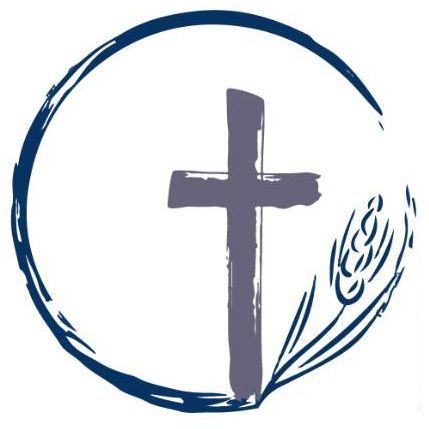
COA Accredited for All Adoption Services
Contact Catholic Charities North Dakota today.
Start Your Adoption
Journey Today!
Contact Us
Related Services
Our Guardianship Workers

Donna B
Director of Guardianship Division: Intellectual Disabilities
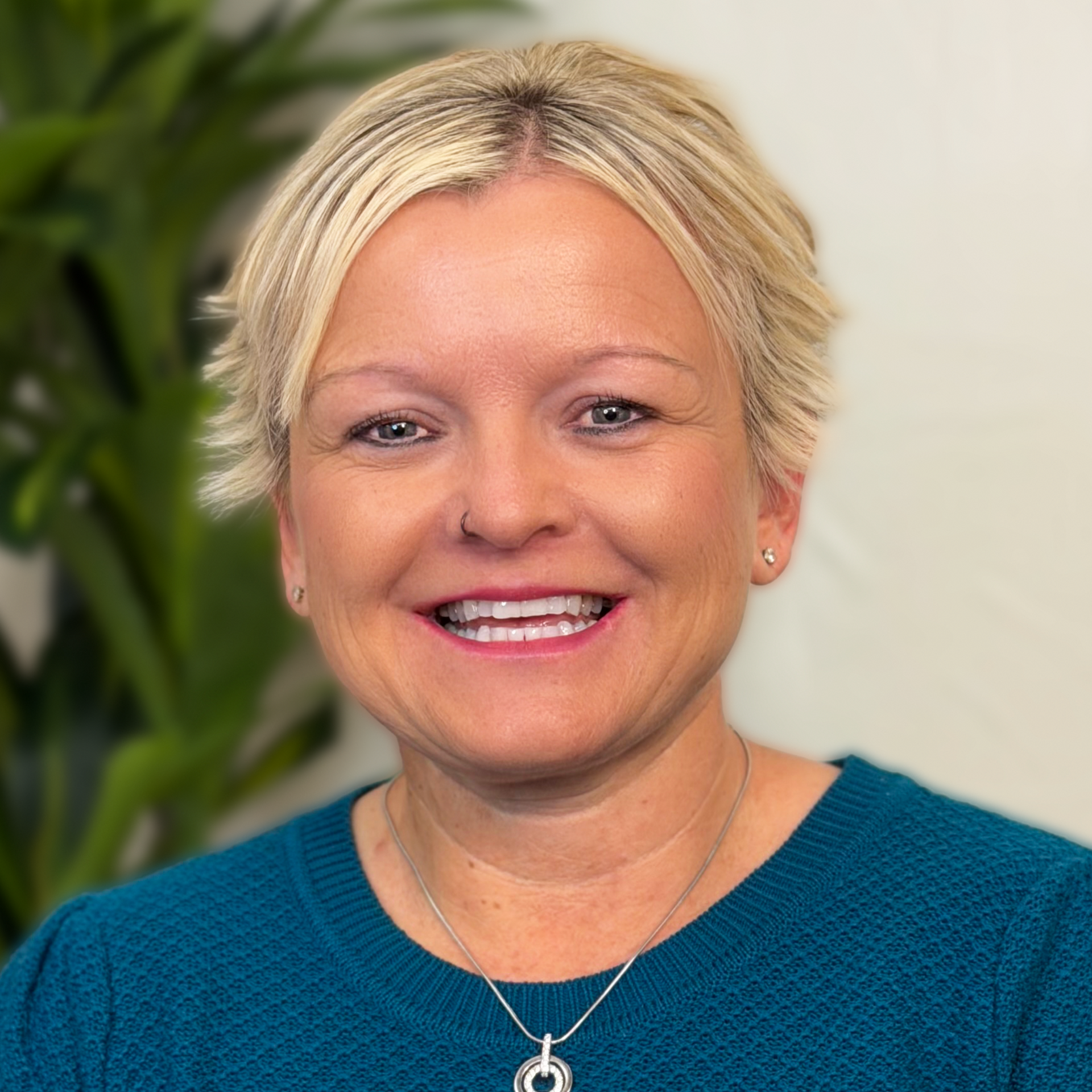
Karla J
Guardianship Division Assistant Director

Caroline H
Guardianship Worker
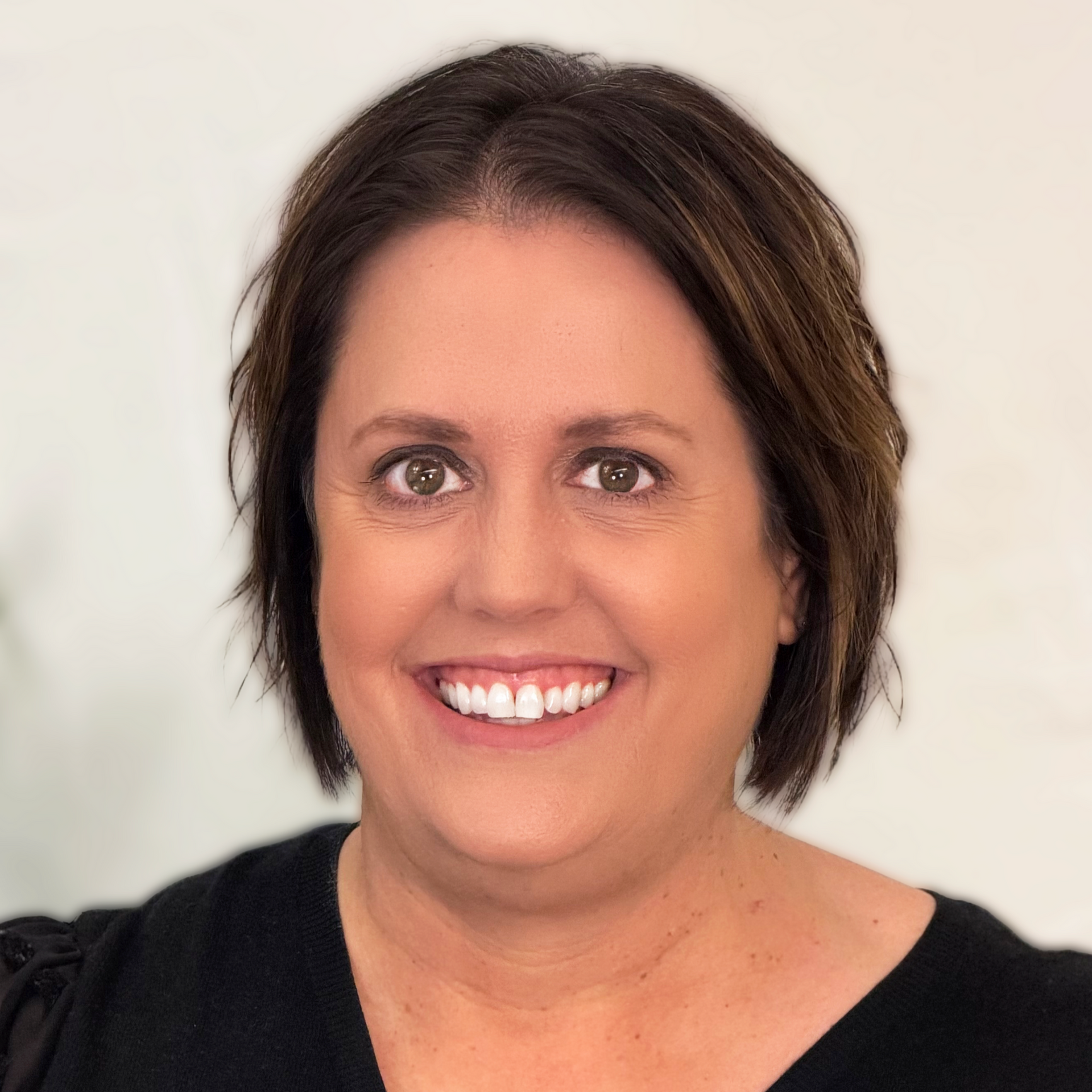
Tracy B
Guardianship Worker
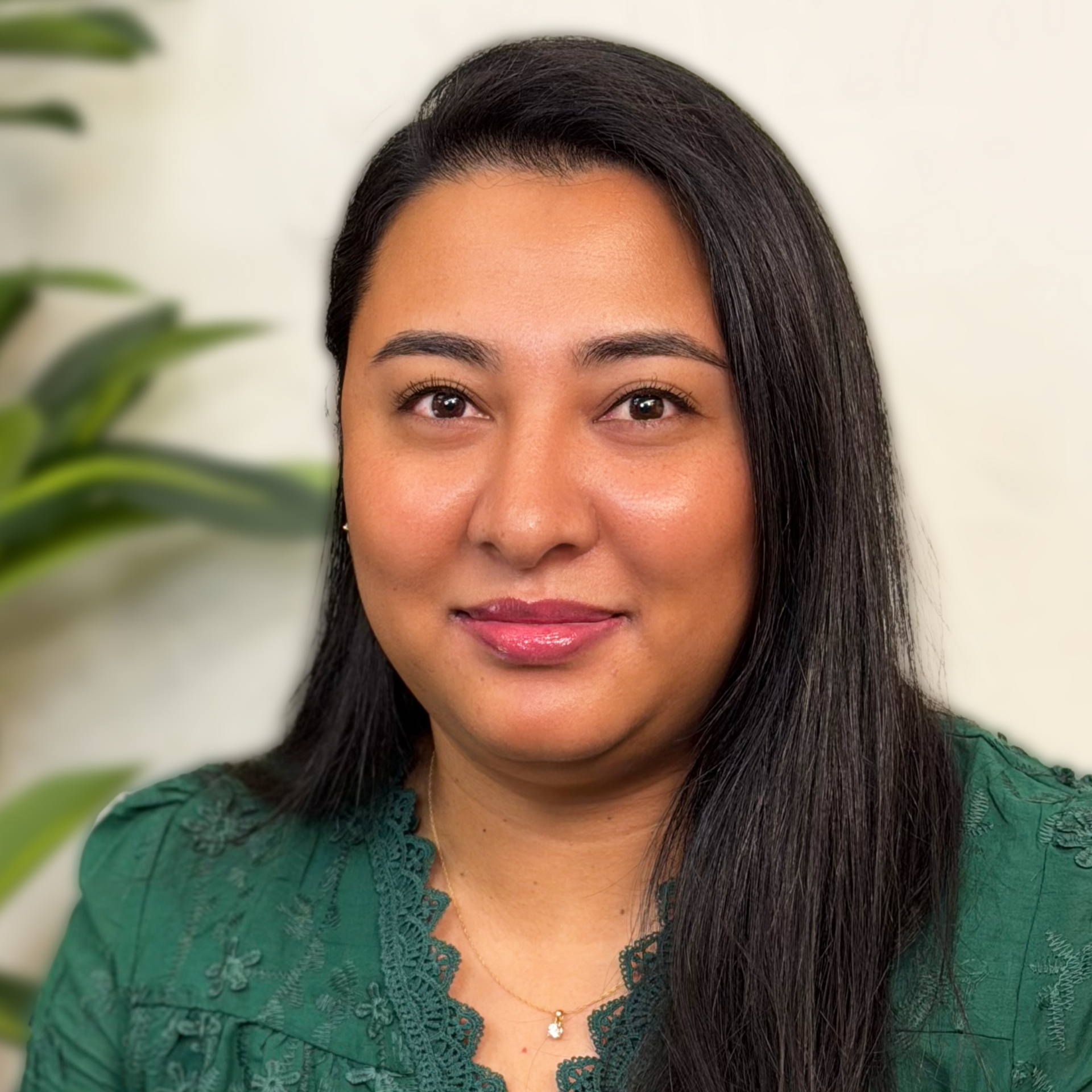
Sophina S
Guardianship Worker

Sadie L
Guardianship Worker

Marisa W
Guardianship Worker

Rachel K
Guardianship Worker
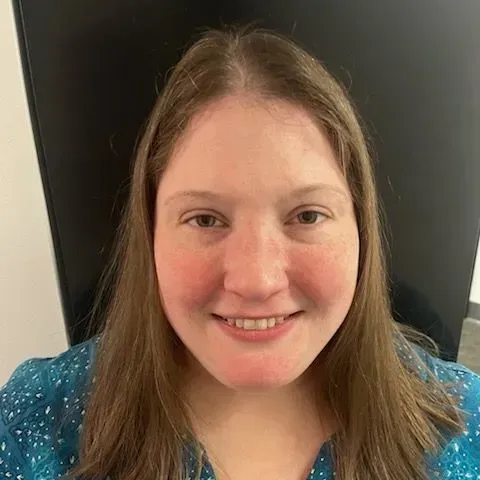
Biana B
Guardianship Worker
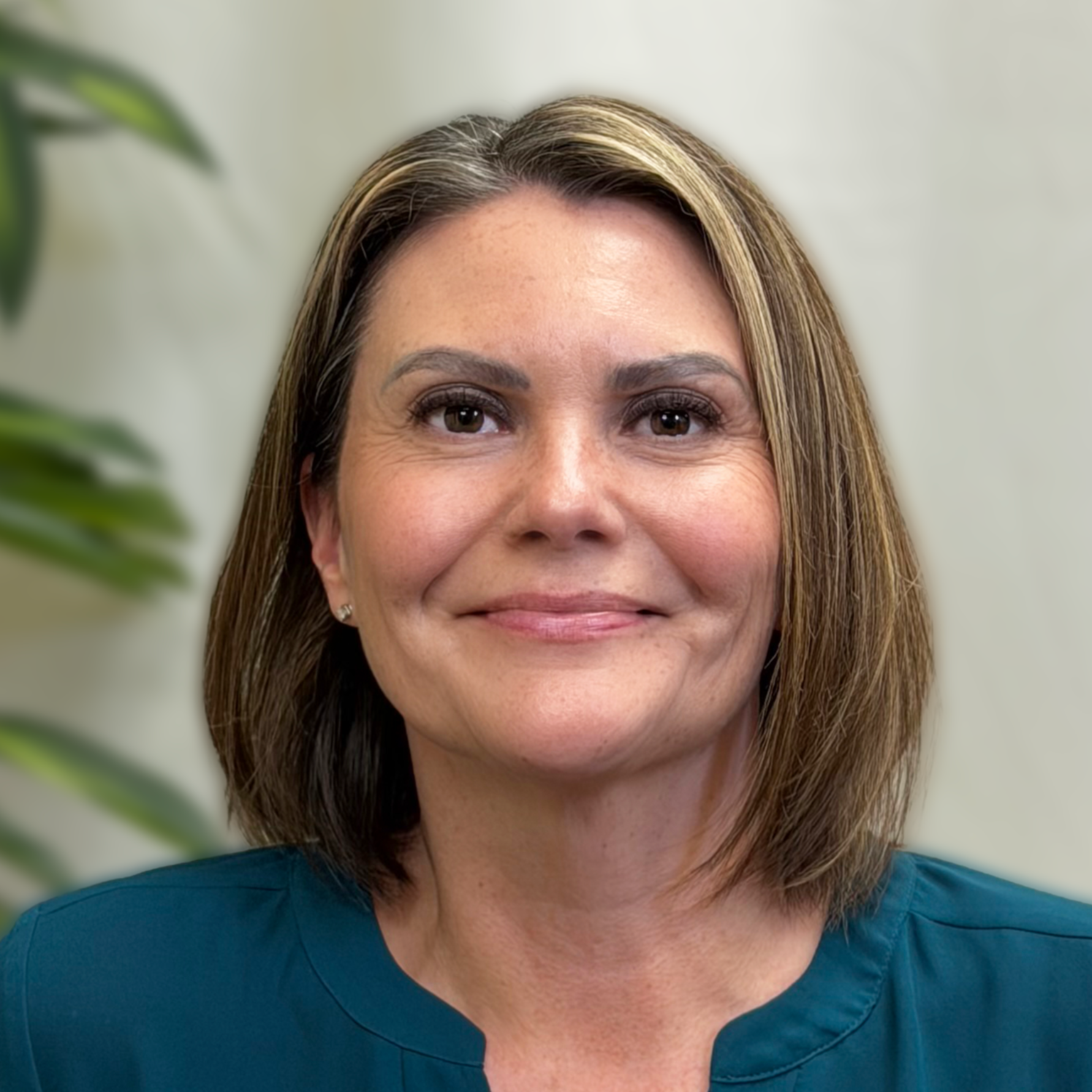
Earlynn C
Guardianship Worker
